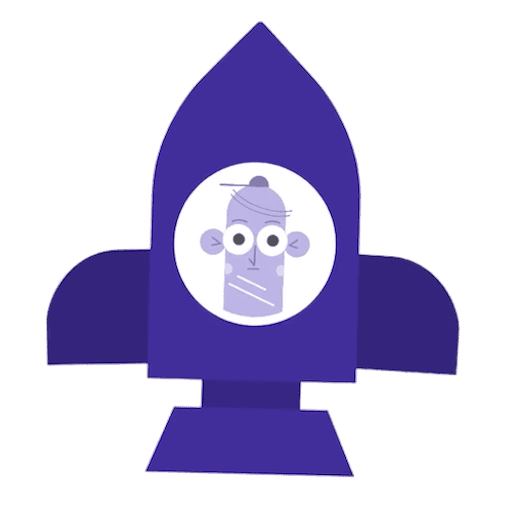The expertise of computer scientists and computer engineers overlap in certain areas but computer science is a profession in its own right and one that attracts some of the world’s brightest minds. The reality is, there are many different roles that a computer scientist could fill.
What does a computer scientist do?
Computer science is the study of how data and instructions are processed, stored and communicated by computing devices. It involves designing software and addressing fundamental scientific questions about the nature of computation but also involves many aspects of hardware and the architecture of large computer systems.
Computer scientists create the brains in our smartphones, they keep airplanes from falling out of the sky, they help surgeons do a better job and they automate aspects of manufacturing, to name but a few. The reality is, there are many different roles that a computer scientist could fill, but any computer science role is likely to involve:
- thinking about and conceptualising computational and maths-related problems and challenges
- developing new products or solve practical computing problems
- conducting research involving experimentation and modelling
- working as part of a research team with programmers, IT professionals, and mechanical, electrical or software engineers to solve problems and create new products
- studying, experimenting and investigating technological fields such as artificial intelligence, robotics and virtual reality
- seeking to improve the performance of existing computer systems and software
- developing new hardware or computing techniques and materials
Typical employers of computer scientists:
- Research companies
- Large computer and software companies
- Social media companies
- The government
- Large manufacturers
- Financial service providers
Qualifications and training required:
There are routes into IT for both graduates and school leavers; however, computer science is a subject that you will need to study at university via a computer science or computer science and information technology degree in order to progress into the more technical/specialist roles in the industry. Some IT employers will take graduates from any degree subject, but others seeking to fulfil specialist or technical roles may look for computer science degrees and those that do often pay more. Closely related degrees include electronic engineering, software engineering, physics and mathematics.
Graduate computer scientists can work across a vast array of career fields with plenty of scope for specialization and career advancement. Postgraduate study to PhD level is common in the profession, especially for those who want a long-term career in academic research.
Key skills for computer scientists:
- Excellent maths skills
- Excellent computer and technology knowledge and skills
- An ability to analyse problems and trace them to their core causes
- A systematic approach to work and problem solving
- A stickler for accuracy
- A strong ability to anticipate and diagnose problems
- Ability to organise and classify large amounts of information
Recommended IBDP subjects needed to apply to university to study computer science:
Math HL.


